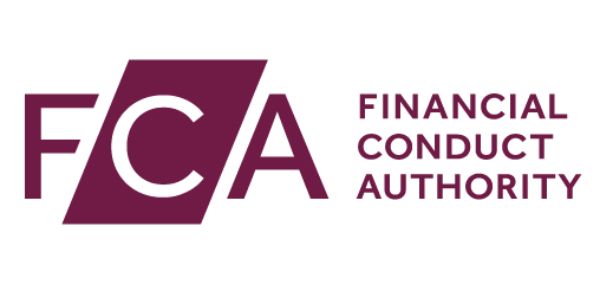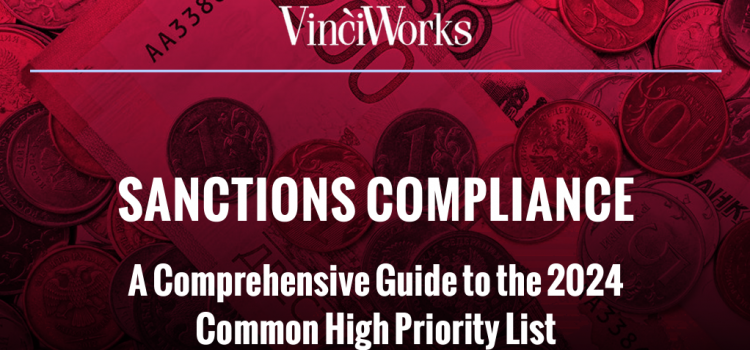FCA warns firms to do better on risk assessments and training
The Financial Conduct Authority (FCA) has warned over 1,000 Annex 1 firms (lenders, money brokers and financial leasing companies), about serious money laundering failings at the most basic level.
The FCA has written to these firms, making it clear that firms should “complete a gap analysis against each of the common weaknesses we have outlined within six months.” The FCA’s letter also says that in future engagements with the FCA, they expect to be provided with the findings from the gap analysis, the gaps identified, and the progress towards effective policies, controls and procedures. Failing to do so could result in regulatory action.
The FCA’s review of financial crime controls revealed widespread weaknesses across various areas. Firms were found to be inconsistent in reporting their activities to the FCA, failing to adapt their controls to accommodate business growth, and lacking proper risk assessments. Additionally, the FCA identified shortcomings in due diligence procedures, ongoing monitoring, and the documentation of financial crime-related decisions. The review also highlighted a lack of resources and inadequate training provided to staff, alongside insufficient oversight from senior management.
Continue reading







